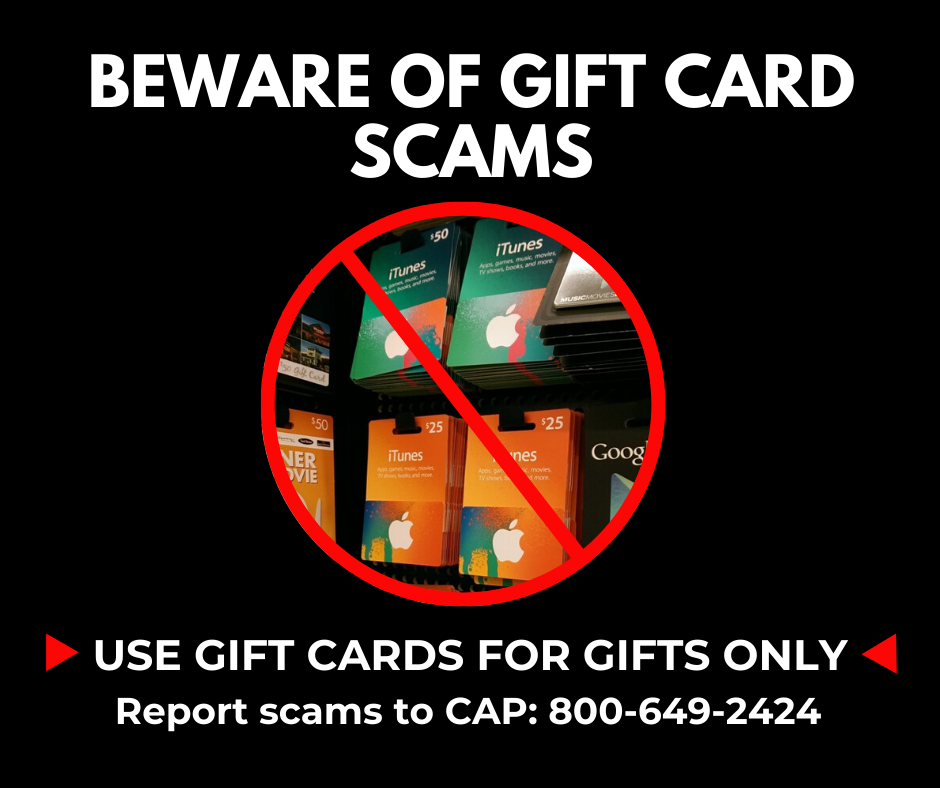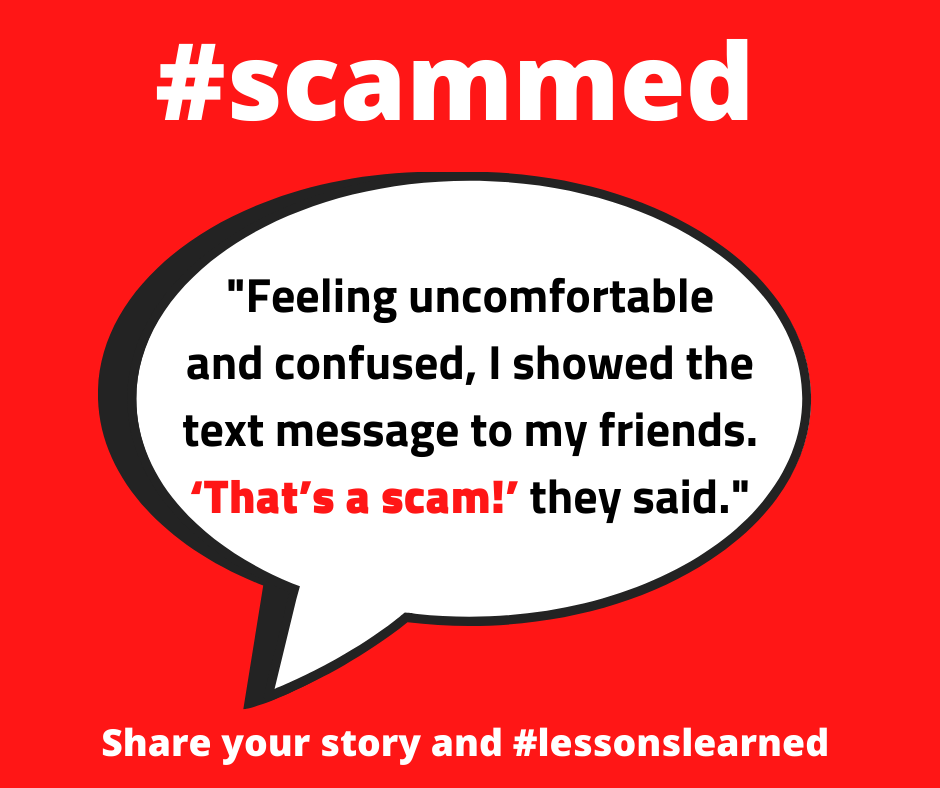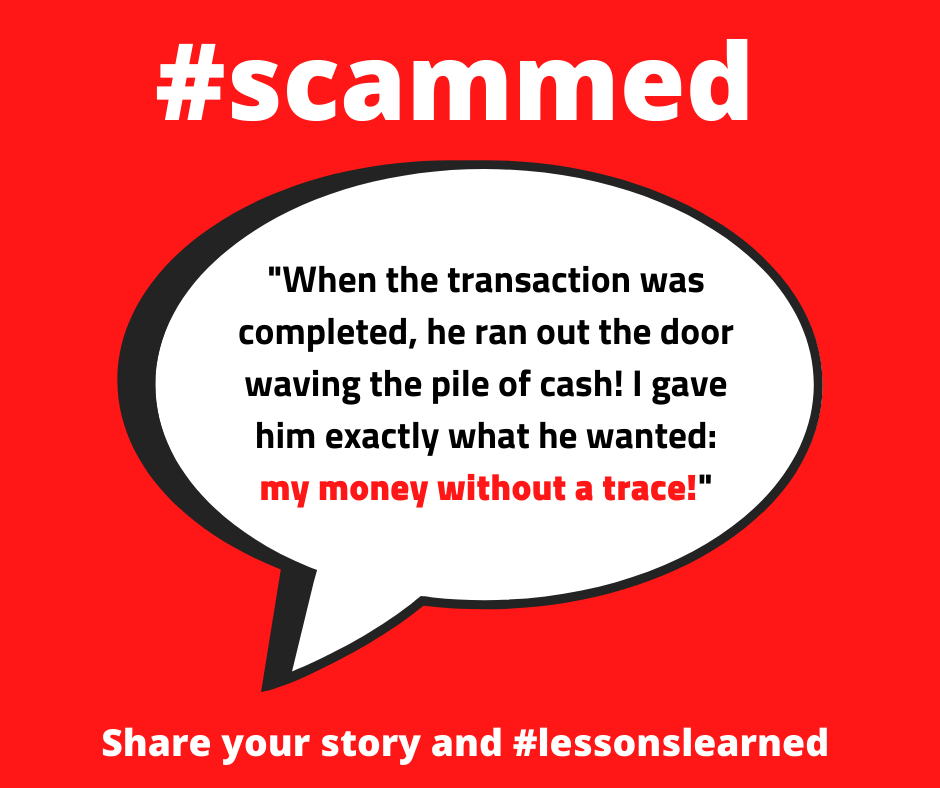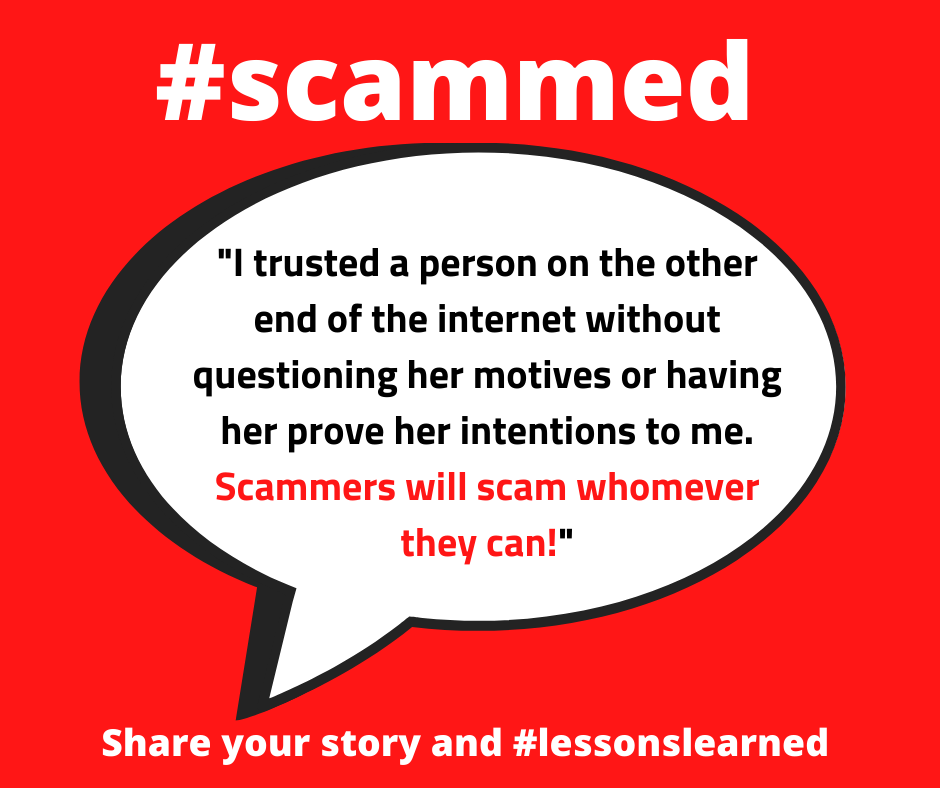This week, during National Consumer
Protection week, our staff members are opening up and sharing stories of when
they were scammed. Because no one is invincible to being #scammed. Let’s keep
the dialogue moving, share this post and your own scam stories and lessons
learned.
I’ll never forget the first time I was
scammed. Yes, there was more than one time. And, though the world might expect
that because I have an advanced degree and am now a consumer topic expert that
I could never be scammed, I assure you I can. And, I know I am not alone in
this. In answering the CAP hotline, I often hear scam victims say “I know
better. I’m a [fill in the blank]. I am so ashamed.” I’ve heard this line from
professors, financial analysts, doctors, computer programmers—the list goes on.
No one is invincible to the scam artist.
The mindset that we are invincible, however, and that we won’t be scammed is a surefire way to get scammed. My personal fault is that I trust in humanity. Perhaps my Vermont upbringing is at play here. I live my day-to-day life anticipating that those around me do not intend to harm me and that I could trust and rely on them if I needed to. If I extend kindness and honesty, the same will be returned.
Early in my professional career, a colleague
and friend got a kick out of “Tickle Me Elmo.” I mean, who didn’t? The
commercials showed the squeaky voice character laughing and shaking with great
glee. I planned to buy her one for her birthday, but like many prized items, I
could not find it for sale anywhere. So, I took to eBay. The site had many
listings, some new and some used, all pricey, except one. It was advertised as
new and, in the box, and the price was right— so right some might say it was
too good to be true. I checked the seller’s ratings and she had 99% positive
ratings. I thought that was pretty good. I agreed to “buy it now” as opposed to
betting my luck with the auction option and in a few clicks the Elmo was set to
be mine.
After I agreed to the purchase, I got a notice
from the buyer that I had to pay with a money order, or cash. I sent a postal
money order as instructed and never received my item. I filed a dispute with eBay.
The seller claimed, “someone must have stolen it” (My packages were never
stolen.) and the item didn’t arrive because I had a “weird military address” (I
did not have a military address). My eBay account ended up getting restricted
because the seller complained about me for having posted a negative
review. I believe the company has since changed
their policies. I asked the Post Office what I could do about the lost money
order and package. They told me I could do nothing; I was scammed.
Having never met the eBay seller, I trusted her to fulfill her end of the agreement as I had completed mine. Having the mentality that I wouldn’t be scammed contributed to the reason I ultimately was. I trusted a person on the other end of the internet without questioning her motives or having her prove her intentions to me. Scammers will scam whomever they can. I know now there are several things I could have done differently. We can practice healthy skepticism by asking questions to make informed decisions.
Here are my scam lessons learned:
- Question offers that are too good
to be true.
- Do a deep dive into online
seller’s ratings. (When I later looked
at buyer comments, I noticed others had complained of the same problem).
- Before paying, demand proof that
the item exists. One option is having
the seller send multiple pictures with a specific word documented next to it.
- Only pay for online purchases with
a secure and trusted method of payment, like with a credit card or known
transmitter.
- Never pay for online purchases
with cash, money order, bank check, personal check, wire transfer, gift cards
(outside the merchant’s website), peer-to-peer payment, bitcoin, and any other
option that is not a credit card or known transmitter, like noted above.
Once I was scammed, there are more things I
could have done to identify the scammer to authorities and prevent others from
being victimized:
- File a complaint with the Consumer
Assistance Program about eBay’s dispute process and this seller.
- Notify the US Postal Inspector
regarding the cashed money order and report the address of recipient.
- Report the issue to the police.
Over the years, eBay scams have adapted. The
most common eBay scams we hear about at CAP now involve communication outside
the eBay site and a demand to pay with gift cards. Others report replying to an
eBay email or searching for eBay in a browser and being sent to a lookalike eBay
website. Always check the site you are on and take steps to validate it. Never
complete the transaction outside of the store website. Always be suspicious if
a seller requires a specific form of payment, even if it’s eBay gift cards and
it looks like you are on the site.
Have you ever been scammed? Tell us about it. Share this post and your own scam stories and lessons learned. The best form of prevention is awareness.
Contributing Writer: Crystal Baldwin





